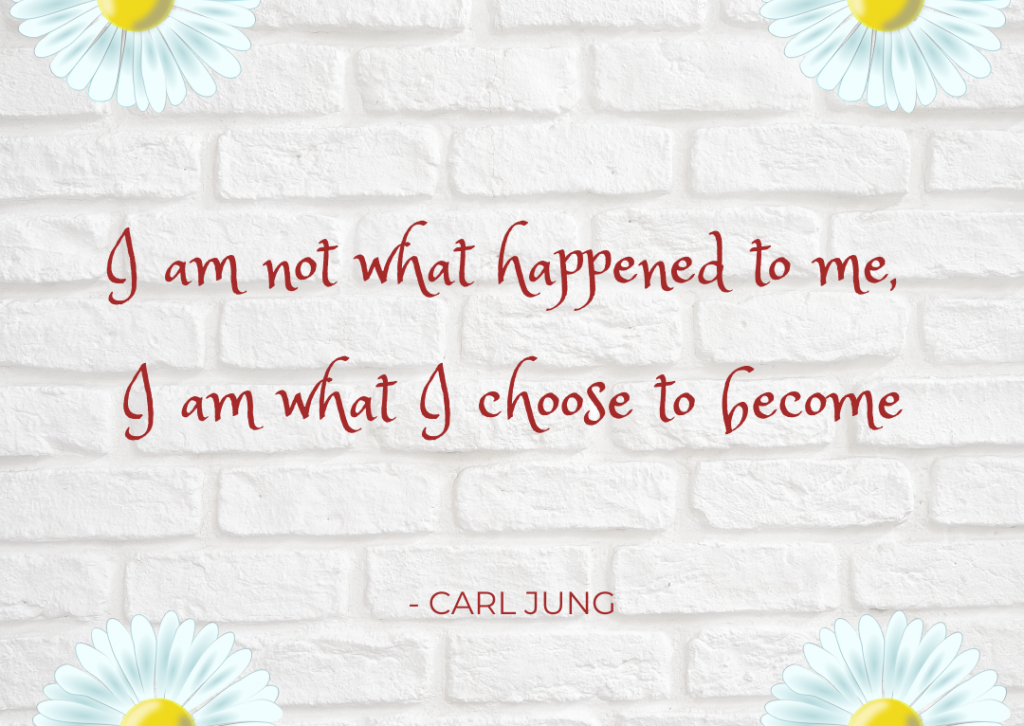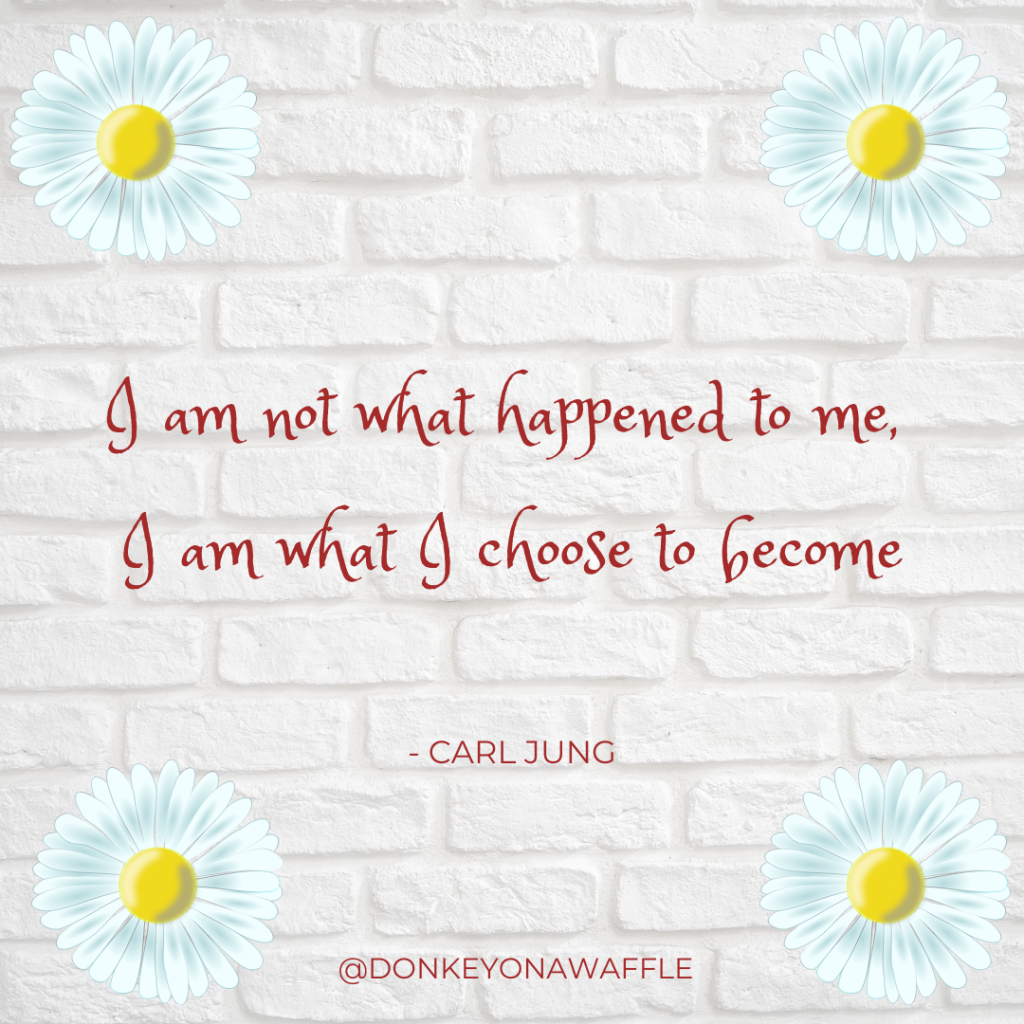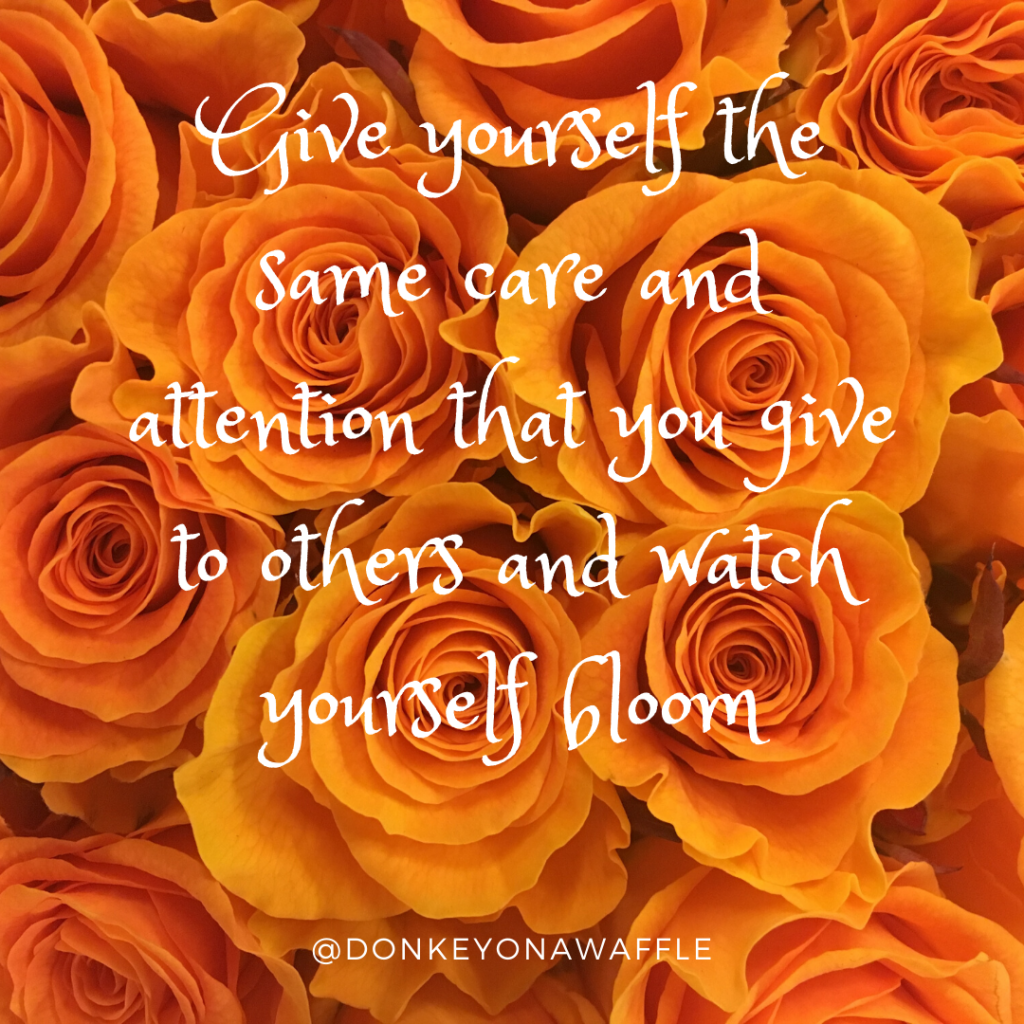Self-Compassion and Letting Yourself Grieve

Guest blog by Caz Campbell of www.happykindcalm.co.uk
Grieving the loss of your baby is a complicated process and unique to each person and family. Grief comes and goes, gets easier to manage over time but it can stay with you for a long time, sometimes forever.

Stages of Grief
You may find you go through all of these stages of grief, but these aren’t linear stages, so you may go from one to another, back to the last one, jump to the last etc. And time spent in each may vary greatly. It’s fine to go through the stages in your own way and try not to feel pressure (from yourself or anyone else) to move on.
Shock: feelings of disbelief and numbness.
Denial: not believing what’s happened, convincing yourself or others that it hasn’t happened.
Guilt: feelings of pain and regret. Thinking you could have done something to prevent or help or stop it from happening.
Anger: frustration and wanting to blame others for your loss.
Depression: feelings of heaviness and loneliness. You may notice physical, emotional and behavioural changes such as sleeping and eating patterns, headaches, crying, withdrawing. This is often the stage when emotions seem most raw.
Reconstruction: realising the effect that grief is having on your life and beginning to look for ways to cope and gain control. Trying new things to help improve your mood and emotional outlook.
Acceptance: acknowledging your loss while thinking about and planning for the future. Finding meaning, so it’s possible to find hope again. It’s rare to be 100% at peace with your loss but regaining control of your life by acceptance is achievable.
It’s totally normal to feel any of these feelings, but to prevent further trauma to yourself and the risk of damaging relationships, it’s important to learn to release emotions in a healthy way and be kind to yourself.
Self-Compassion
To let yourself grieve means allowing yourself to notice how you feel and doing something to acknowledge or help yourself – and this can be sitting with that feeling if that’s what is needed at the time. Noticing, allowing and being are all part of self-compassion.
Self-care is about looking after yourself physically, mentally and spiritually. It’s about doing things to be kind to yourself, and can be interchangeable with self-compassion which focuses more on how you think about yourself. Both are about alleviating suffering in yourself by taking action or protecting yourself.
One of my favourite pieces of advice is to talk to yourself like the person who loves you the most would. Or talk to yourself like you would talk to your best friend. And the key bit here is to listen to your own words.
The kind of self-care that we often hear about is things like having a massage or a meal out – and these things are still great to do and can be beneficial for your well-being, especially if it means spending time with people you trust and be yourself with. These things can reset and distract, but they’re temporary self-care solutions. Trying to live your life so self-care is a normal part of everyday is vital.

Self-care and self-compassion after experiencing a loss can be so tough. However, it can be simple things like taking the pressure off yourself, aiming to have an average day rather than trying to be “on form” for work or an event.
Talking when you feel like it, to people you trust is important for healing. It’s not your job to make other people feel less awkward, but if it helps you and you feel comfortable – ask for help, bring up your feelings and talk. People can easily avoid or be so afraid to ask you how you are or even mention the baby or miscarriage – but they forget that you’ll either be thinking about it anyway, or you may need to talk or cry about it. And if you don’t want to talk about it, that is absolutely fine and your choice, never feel you have to give an answer, this is yours.
People usually want to help and comfort. They are well-meaning but many people don’t understand, relate or empathize very well. Breathe through anyone who says “It could have been worse” or “don’t cry / feel that way” or “try to stay positive” or “everything happens for a reason” (which is my personal pet hate). Anything along the lines of “you’re going to be fine” is probably coming from a good place, but you’re allowed to ignore or say your thoughts.
You may know deep down that you will be fine, but in some moments this thought may be impossible to find. You need to allow yourself the space to express and show your sadness and discomfort. Don’t feel like you have to hide that, but there’s the caveat that if it helps you to hide it, then do. I always think the path of least stress is the best path to take.

Emotional Coaching
I’m an emotional coach who works with all ages, but especially around anxiety, depression and frustration. I work using techniques tailored to each person, empowering them to find solutions that work for them. If you feel you need help to work through your trauma, feel free to get in touch with me, Caz Campbell.
www.happykindcalm.co.uk
